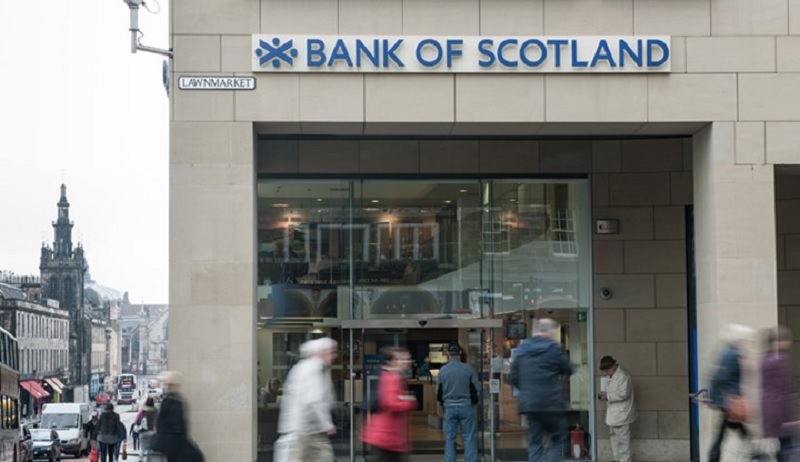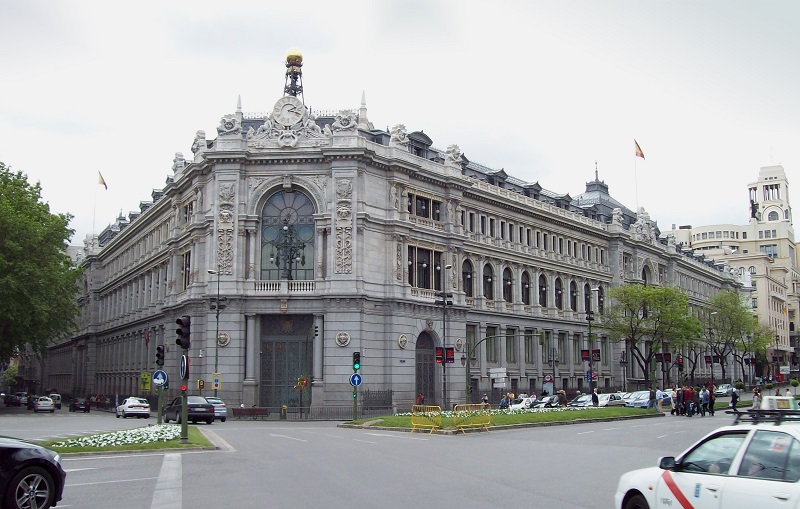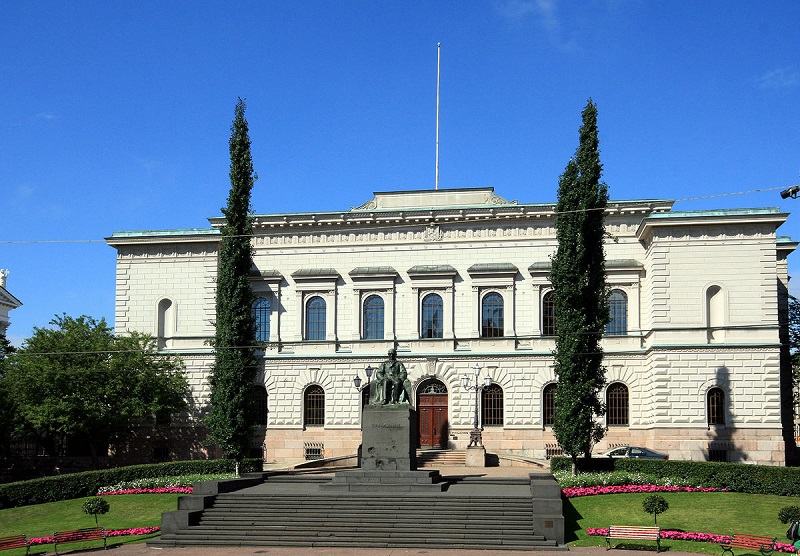
Oldest Central Bank in the World:
A central bank of the country plays an important role in the development of the country's economy. The central bank of the country plays the role of financial stability in the country as well as other developing roles. Here is a list of some of the oldest central banks in the world.
1. Sveriges Riksbank:
Sveriges Riksbank or Riksbanken is the central bank of Sweden. This is the world's first or oldest central bank. This bank was established in 1668 with 20 employees. Apart from issuing currency, the bank announces the monetary policy in the country and ensures that the payment is being done safely and efficiently in the economy.

2. Bank of England:
It is the Central Bank of the United Kingdom (UK). The bank was established in the year 1694. The bank was nationalized by the United Kingdom government in 1946. The Parliament of the country has given power to the bank through the law to maintain monetary and financial stability.

3. Bank of Scotland:
The first and oldest bank of Scotland, the establishment of Bank of Scotland was made in the year 1695 by an Act of Scottish Parliament. This bank was primarily established to trade with England and other countries. Later it was given by the Scottish Parliament to issue money in the country and other rights.

4. Banko de España (Bank of Spain):
It is the national central bank of Spain. This Royal Warrant was founded by King Carlos III in the year 1782. The bank joined the European System of Central Banks (ESCB) in 1994.

5. Bank de France:
The central bank of France, Banque de France was founded in the year 1800. The bank is the strongest pillar of the Euro system. Bank de France Euros Bank is the largest printer of notes and plays an important role in implementing every decision of the European Central Bank (ECB).

6. Norges Bank / Noregs Bank:
Norges Bank or Noregs Bank is the central bank of Norway, which was established in the year 1816. Nores Bank's activities are governed by the Norges Bank of May 24, 1985, and Monetary System Act. The bank is responsible for the economic stability in the country.

7. Oesterreichische Nationalbank:
The Central Bank of the Republic of Austria was established in the year 1816, Oesterreichische Nationalbank. Now the bank is an integral part of the European system of the European System of Central Banks, ESCBs. It contributes to the monetary and economic policy decision making in the Austrian and Euro region.

8. Denmark National Bank:
Denmark National Bank was established in 1818. However, the bank is working as an independent body from 1936. The bank is fully responsible for determining monetary policy in the country. The bank has three main objectives to ensure stable value, safe payment, and a stable financial system.

9. Bank of Finland:
Bank of Finland is the country's monetary authority and the central bank of Finland. This is the fourth oldest national central bank in the world. This bank was established in the year 1819.
In 1995, after a poll, Finland became a member of the European Union. The bank is also part of the Euro system. The euro system is responsible for monetary policy and other central bank operations in the euro area, and the world's second-largest currency - 'euro'.

10. De Netherlands Netherlands (DNB):
Central Bank of the Netherlands, De Nederlandsche Bank is responsible for financial stability in the country. The bank was established by the charter issued by King William I in 1884. Now, DNB is running under the provisions of the 1998 Act, the Financial Supervision Act, the Dutch Civil Code, the DNB Association's provisions and the provisions of the rules of the rules. This is an independent public body with a national mandate for supervision, resolution, and deposit guarantee scheme.
The bank is part of the European system of Central Banks and Euro systems and cooperates with its European counterparts in the areas of monetary policy, foreign currency operations etc.

You May Also Like to Read:
| How to Crack Banking Exam 2019 |
| 8 Easy Ways to Improve Spelling Mistakes in Bank Exams |
| How Important is Your Educational Background in Banking Jobs |
| Best Ways to Improve Maths Skills for Bank Exams |




